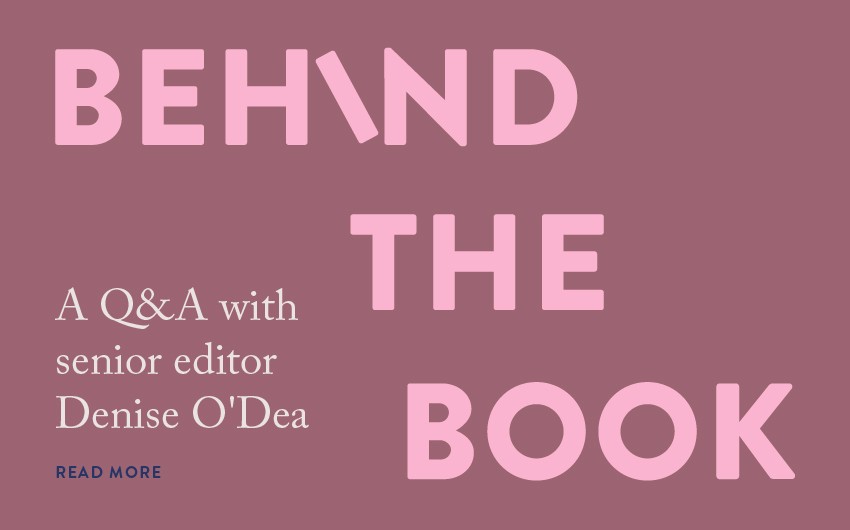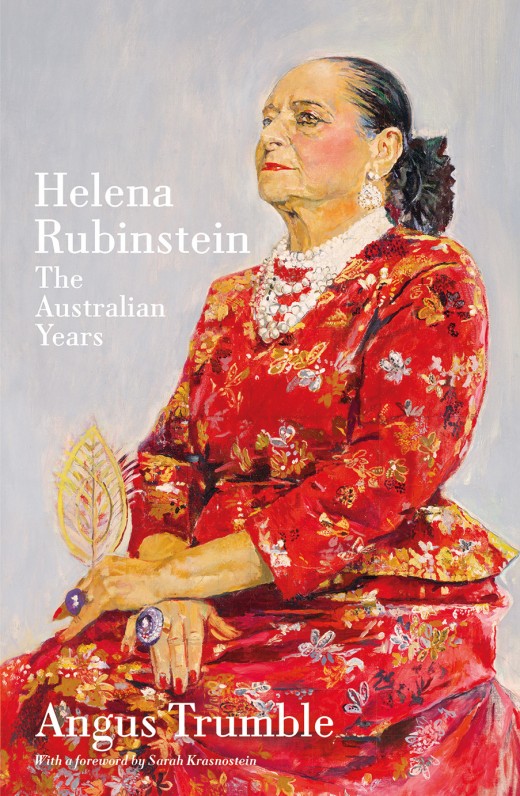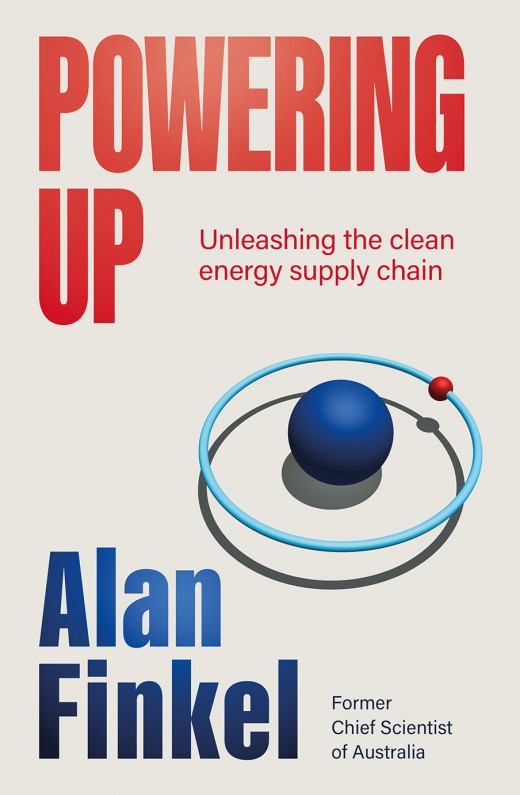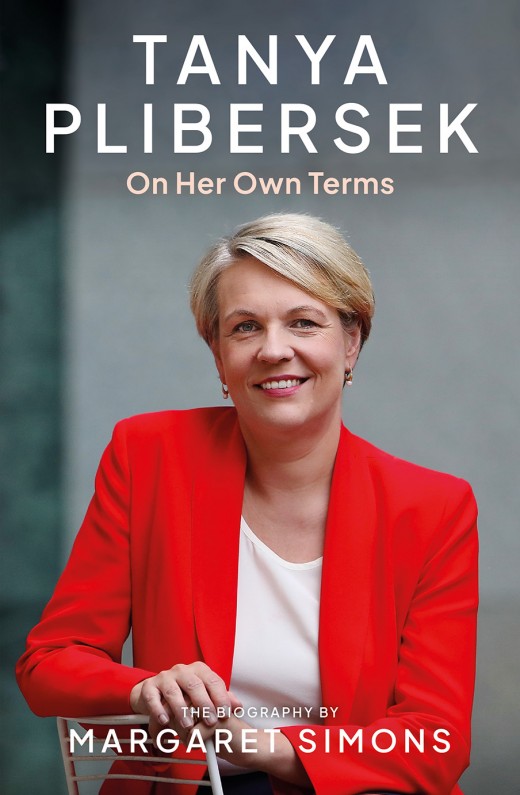News

News >
Behind the Book: A Q&A with senior editor Denise O'Dea
Welcome to Behind the Book. In this series, we chat to the people who bring you the books you love from Black Inc. – from the names you might know to those you definitely don’t. Today, we’re speaking to Denise O’Dea.
Denise has been a senior editor at Black Inc. since 2021 and was previously at Black Inc. between 2007 and 2013. In the interim she was editor and publishing manager at Sydney University Press and a senior editor at HarperCollins.
What did you do for work before entering the publishing industry? Did that experience come in handy at all once you became an editor?
I worked in a bookshop for five years, while I was at uni. Publishing houses are full of former booksellers – it’s definitely useful experience to have. And bookshops are full of excellent bookish people. That was a pretty strong encouragement to try to keep working with books in one way or another.
Before that, I worked in a call centre conducting market-research interviews, which was a kind of grim exposure therapy for anyone who dreads making unsolicited phone calls. Very briefly, I taught English to pre-teens in South Korea, which was a helpful reminder that English grammar is deeply weird.
How did you become an editor?
In 2005, I was bookselling in Sydney and allegedly writing a PhD on Laurence Sterne’s novel Tristram Shandy, but I was making about as much progress as Tristram does (he is writing his life story, and it takes him until volume 3 to get to his birth). Fortunately, I saw an ad for an entry-level role at HarperCollins and broke up with Tristram. As an assistant in the publishing department, I helped publishers and editors with all kinds of things and started to learn how books are made. I think most of us become editors by learning on the job, book by book, shadowing more experienced colleagues.
In 2007, I applied for a job as editor at Black Inc. The Black Inc. list was so strong, and the Flinders Lane office seemed impossibly cool. I remember realising with alarm, as I left the interview, how disappointed I’d be if I didn’t get the job. Very luckily, I did, and it turned out to be a better editorial apprenticeship than I could have wished for.
You left Black Inc. and for a time worked at a university press. What, if anything, is different about how a university press operates to an independent publishing house like Black Inc.?
There’s no single model for university presses in Australia. How they operate and where they sit within the university varies from press to press. I loved being on campus and feeling part of a buzzy community of people doing interesting work. Working with academics, you get to dive into a topic and learn directly from an expert, while helping them to communicate their ideas. We get to do this at Black Inc. too, particularly through La Trobe University Press.
Most Australian university presses have relatively small teams and carefully curated lists. In that they have a lot in common with independent publishers. But a university press is part of a much bigger institution with its own culture, structures and priorities. An independent publishing house doesn’t have to navigate that, but also doesn’t have a large institution’s resources to fall back on.
For an editor, both are pretty magical places to be – working with passionate authors and colleagues on books that set out to reveal something new about the world.
Denise's home workspace.
Does your editorial eye ever get in the way of you enjoying books when you’re off the clock? If yes – do you have a particular pet peeve?
Can I admit to shedding pet peeves with age? Once, I might have fought you over spaced en dashes vs unspaced em dashes. These days, I’m happy if they’re consistent and used well. I’ll still die on a hill over ‘disinterested’ vs ‘uninterested’, though.
You’ve worked on an array of Black Inc. titles – including, most recently, Helena Rubinstein by the late Angus Trumble, Powering Up by former Chief Scientist of Australia Alan Finkel and Tanya Plibersek by Margaret Simons. Is there one book that stands out to you as the most memorable, or challenging, or exciting to edit?
One of the joys of the job is learning with each project, and the most memorable books often present new or unexpected challenges. Some come down to space and time. How can we turn these 130,000 words into a pacey 80,000-word book? What stops can we pull out to get a time-sensitive manuscript to print quickly without compromising quality? Others are less clear-cut and emerge through many conversations with the author or with colleagues. Why does this chapter/paragraph/sentence feel out of place? What’s not quite working about this point of view? It’s a good feeling when close collaboration with an author or a colleague starts with questions like these and leads to creative solutions.
If you weren’t editing books, what might you be doing instead?
This question had me staring out the window for a while. Disconcertingly, I find I have no idea.






